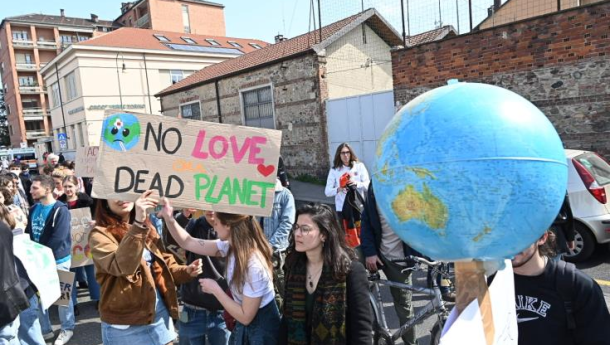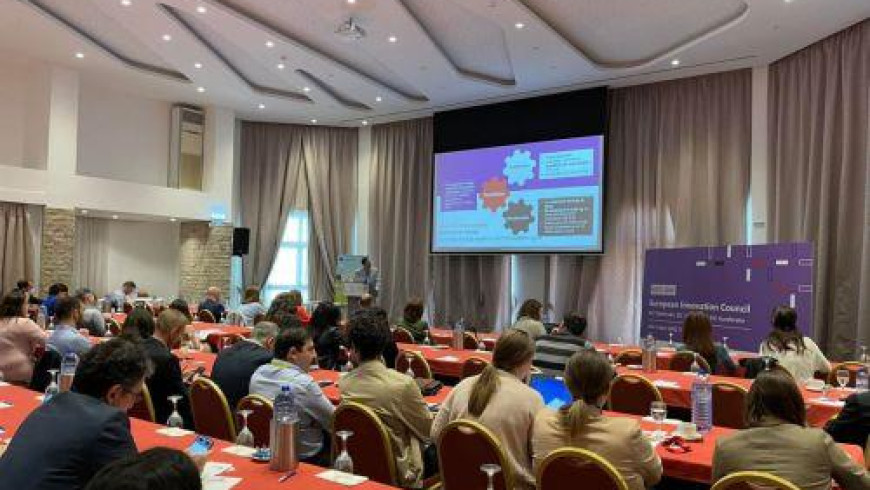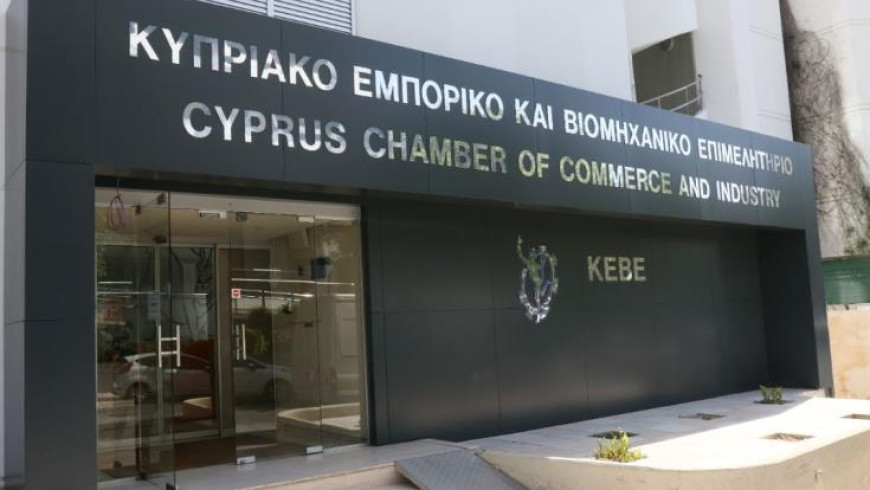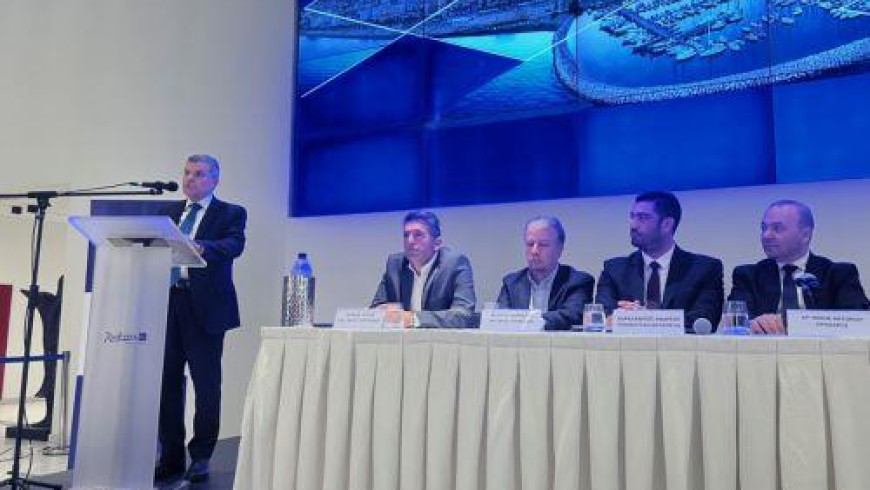
Small and medium enterprises (SMEs) in the European Union have already undertaken substantive actions to transition their business operations towards environmental sustainability, according to the findings of the 2022 edition of the Eurobarometer on SMEs, resource efficiency and green markets.
Overall, 89% of SMEs in the EU are taking at least one of the actions listed in the survey to become more resource-efficient, for example by using predominantly renewable energy, recycling or minimising waste. 9% said that they had not taken any measures and 2% said they do not know.
In the case of Cyprus, 84% of SMEs said that they had taken at least one of the actions listed, while 16% said they had not taken any of them.
In particular, when called to pick one or more specific measures that they had taken, the most popular answer in Cyprus was energy savings (56%, 61% in the EU), followed by saving on materials (44%, 57% in the EU), recycling by reusing material or waste within the company (43%, 47% in the EU), saving water (37%, 46% in the EU) and minimising waste (34%, 64% in the EU).
Amongst other areas, the survey looks into the barriers SMEs encounter and the potential of policy measures to speed-up SMEs’ green transition.
These results will feed into the Commission’s efforts to help SMEs become greener, in line with the SME strategy and the updated EU Industrial Strategy.
The EU counts 23 million SMEs, employing around 100 million people and accounting for more than half of Europe’s GDP. However, their collective share in total emissions is high, at 63% of all CO2 emissions by companies.
The survey, which is available on https://europa.eu/eurobarometer/surveys/detail/2287, shows that 24% of EU SMEs already have a concrete plan in place to reduce the carbon-footprint of their business. In Cyprus this percentage is at 25%
Responding to the same question, 19% of respondents in the EU and 16% in Cyprus said they had not done so but were planning to define a strategy.
However, one in two businesses (53% in the EU and 54% in Cyprus) said that they haven’t defined a concrete strategy and do not plan to do so.
Responding to a question on whether their companies offer green products or services (defined as those with a predominant function of reducing environmental risk and minimise pollution and resources), 32% in both Cyprus in the EU said they did, while 11% in the EU and 18% in Cyprus said that they hadn’t but they plan to do so.
One in two businesses (54% in the EU, 49% in Cyprus) said that they do not offer these products or services are not planning to do so.
Also, compared to the 2018 edition of the Eurobarometer, SMEs are slowly improving their sustainability on most fronts. While this is a solid basis to start from, given the time pressure posed by the dynamics of climate change, the ongoing transition of SMEs needs to be boosted.
When asked which support measures would help their company the most to be more resource efficient (with a maximum of three responses), over a third of SMEs (36%) indicated financial support by grants or subsidies, about a quarter (26%) pointed to better cooperation between companies across sectors, so that new processes to reuse waste and by-products can be developed, 25% chose consultancy on how to improve resource efficiency in the company and 22% chose the demonstration of new technologies or processes to improve resource efficiency.
Out of respondents in Cyprus, 50% selected grants or subsidies, 32% took the option of consultancy on how to improve resource efficiency, 25% chose better cooperation between companies across sectors and 21% opted for the demonstration of new technologies.
When asked what type of support would help their companies the most to launch a range of green products or services (with a maximum of two answers), the most popular answer was for financial incentives for developing products, services or new production processes (31% in the EU, 48% in Cyprus), followed by technical support and consultancy for the development of products, services and production processes (19% in the EU, 17% in Cyprus), assistance with identifying potential markets or customers (18% in the EU, 19% in Cyprus) and consultancy services for marketing or distribution (14% in the EU, 12% in Cyprus).














 3287.99
3287.99 1275.09
1275.09
